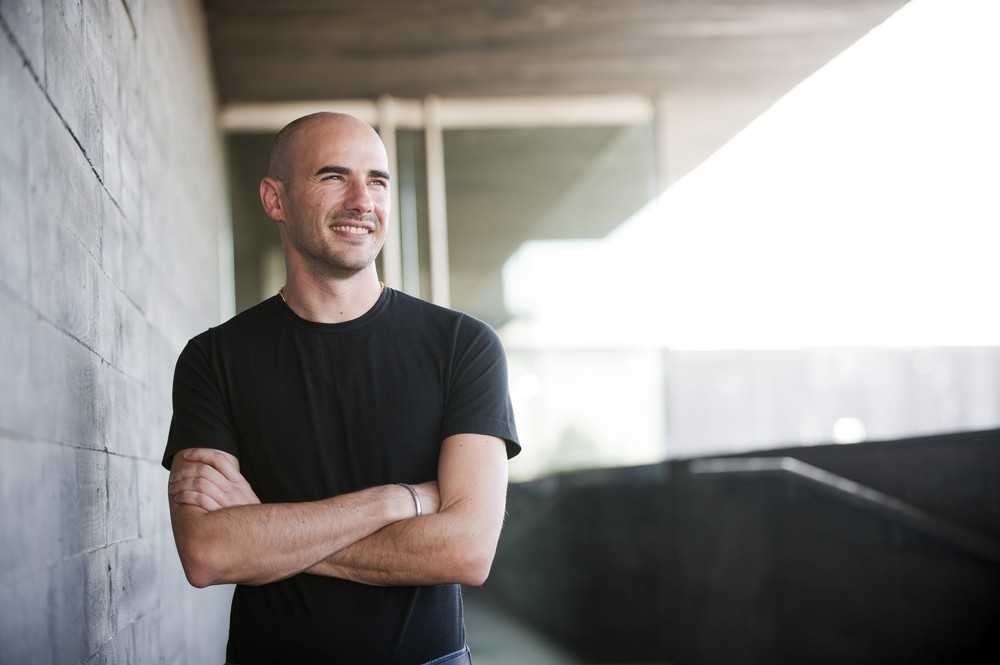Adult ADHD: Relooking at Life After an ADHD Diagnosis

Those who get an adult ADHD diagnosis each have their own neurodiversity story. A late diagnosis can profoundly affect a person’s identity, so Onebright looks at how Cognitive Behavioural Therapy is an essential part of a client’s diagnosis journey to help make sense of how their thoughts, feelings and actions work together.
Living with an undiagnosed neurodevelopmental condition like ADHD can be a turbulent and confusing experience. For many, it can be a daily struggle lasting decades. Often not until a passing comment from a friend or a parent’s child receives an ADHD diagnosis that a person realise they may be living with neurodiversity.
A diagnosis can shine a light on why everything has been so hard for so long. As many as 1.5 million adults in the UK could have the condition, but only 120,000 are formally diagnosed, according to ADHD Action.
Before being formally diagnosed by a psychiatrist, people living with the condition can go through life unaware that their symptoms are not fully part of their personality but rather an undiagnosed neurodevelopmental condition.
It can be challenging to determine how much a person’s personality is influenced by ADHD and how much is not, as ADHD can affect different individuals in different ways.
Before seeking an ADHD diagnosis, consider researching ADHD symptoms first. Learn more about the symptoms of ADHD and how they may manifest in different areas of life, such as at work, learning new skills, and personal relationships. Research can help identify patterns in behaviour that are likely related to ADHD and can be helpful to discuss with a clinician after an ADHD diagnosis.
What ADHD symptoms are managed with Cognitive Behavioural Therapy?
- Impulsiveness
- Disorganisation and problems prioritising
- Poor time management skills
- Problems focusing on a task
- Trouble multitasking
- Excessive activity or restlessness
- Poor planning
- Anger issues
While these symptoms are not indicative of an ADHD diagnosis, if they consistently present themselves and have a negative effect on social and romantic relationships, maintaining a career and living life to the full, then seeking professional mental health support is recommended. Many symptoms can also be related to an underlying mental health condition. However, an ADHD assessment can quickly rule out these to ensure an accurate diagnosis.
Around 70 per cent of adults with ADHD also experience emotional dysregulation, making it more difficult to control emotional responses. It’s also thought that almost all adults with ADHD have rejection-sensitive dysphoria, a condition where perceived rejection or criticism can cause extreme emotional sensitivity or pain. Undiagnosed people can have a difficult time going through adolescence and adulthood before discovering that their challenges are, in fact, undiagnosed ADHD. For some people, a diagnosis gives them an entirely different outlook on life that can be uncomfortable to deal with at first. For others, it can be a complex experience followed by a sense of relief.
What to do after an ADHD diagnosis?
Regardless of how you feel about your diagnosis, the next steps are important.
Onebright offers a clear path forward with an accredited Cognitive Behavioural Therapist (CBT) and psychiatry services. Depending on an individual’s treatment pathway, CBT helps individuals come to terms with the diagnosis and to help revise cognitive distortions with a greater sense of awareness, purpose and self-compassion.
Working with a Onebright ADHD specialist can be an eye-opening experience. After a consultation and diagnostic test, the journey begins to relearn how to manage challenging occasions, settings and experiences in a way that works with the condition.
Why seek a diagnosis in adulthood?
An ADHD diagnosis allows people to work with excellent specialists to understand the implications of their neurodiversity fully.
More specifically, they will work on associated blind spots (such as reading social cues or expressing empathy) whilst sharpening the gifts that also come with ADHD, such as focus, creativity and analysis.
How to get diagnosed with ADHD as an adult?
Getting an ADHD diagnosis as an adult is similar to what children go through. A psychiatrist will ask you what and how many symptoms you have, when they started, how long they’ve lasted, and how severe they are.
For an ADHD diagnosis, you will need to have several symptoms, not just one or two. And they must have affected your jobs, relationships, or other important areas of your life. Your doctor will also want to rule out other conditions or determine if you have more than one condition.
Where can I get an ADHD diagnosis with Onebright?
Onebright has a network of psychiatrists across the UK. ADHD diagnosis is diagnosed during a face-to-face assessment or online via video chat. Fill out the form below to find the closest psychiatrist to you.



